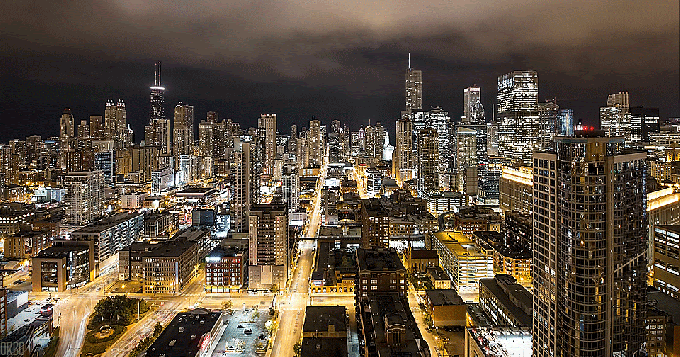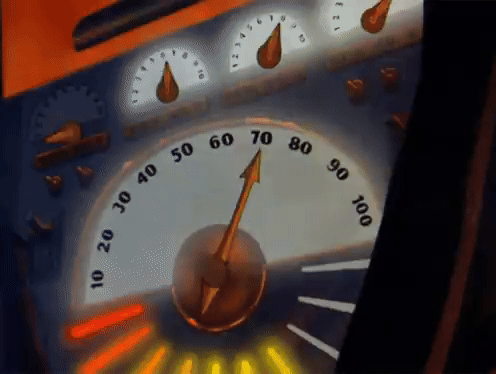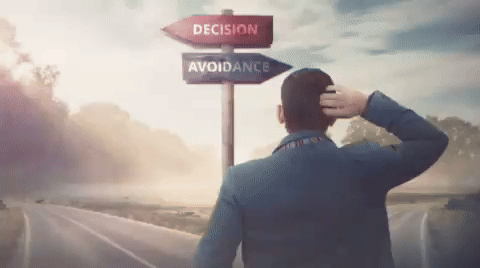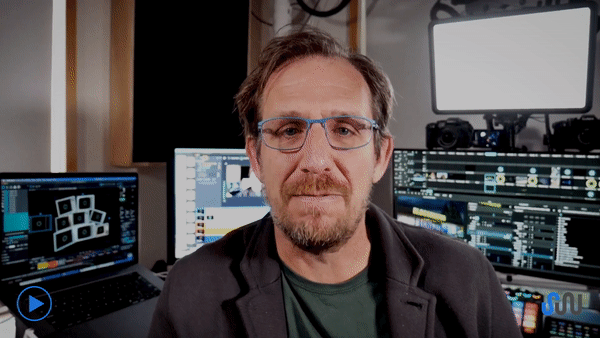
We’re going to do a quick exercise together. I want you to take a moment to close your eyes and try and imagine a future 10 years from now.
[insert 30 second pause]
How did you go? What did you experience?
Interestingly, the first experience that most people have is to not imagine the future at all. Imagining the future is hard and messy and our brains don’t like hard and messy work. So instead of doing the hard work, our brains subtly suggest that we just skip over the exercise and hopefully find the answer below.
This phenomena, whereby our brains try and avoid the hard thinking work and instead look for the easy answer, is beautifully captured in the book Thinking, Fast and Slow by Noble Laureate Daniel Kahneman. Kahneman suggests that our brains have two operating speeds. ‘Fast thinking’ is when our brain largely works on automatic pilot, making instinctive and emotional decisions, and ‘slow thinking’ which is more considered and logical. By default, our brain likes to operate in fast thinking mode and unless we do something deliberate that forces our brains into slow thinking, it’s likely that we will view the future as an extrapolation of the present. We will just look around at what we’re experiencing today and add 10%.
Easy, right? But what the last 18 months has taught us is that the future is never just an extrapolation of the past. The complex interaction between all the factors, trends and ideas that shape our world mean there will always be unexpected phenomena emerging in our future. If we want to understand what those phenomena might be, then we need to take the time to dig into these trends and ideas, to consider their predictability and the impact they may have if they come to pass.
“It is not the strongest of the species that survives, but rather, that which is most adaptable to change.” ~ (incorrectly attributed to) Charles Darwin
Scenario planning provides a framework for such an undertaking. It encourages participants to focus on a particular aspect of the future rather than be overwhelmed by possibility. It provides structure so as to limit the cognitive load required during the ‘slow thinking’ phase of the process. And perhaps most importantly, it acknowledges the inherent uncertainty of the future and creates multiple different, but equally possible views on how the future may unfold.
This may feel like a long, drawn-out process to undertake, especially given that at the end of it you still won’t have a definitive answer on what the future will bring. But once we acknowledge that the dynamic and complex nature of the world we live and work in makes the future unknowable, this deep exploration of possibility is an incredibly sound strategy.
We may not know exactly what the future will bring, but regardless of what it does bring, scenario planning will leave us more prepared and able to adapt.






